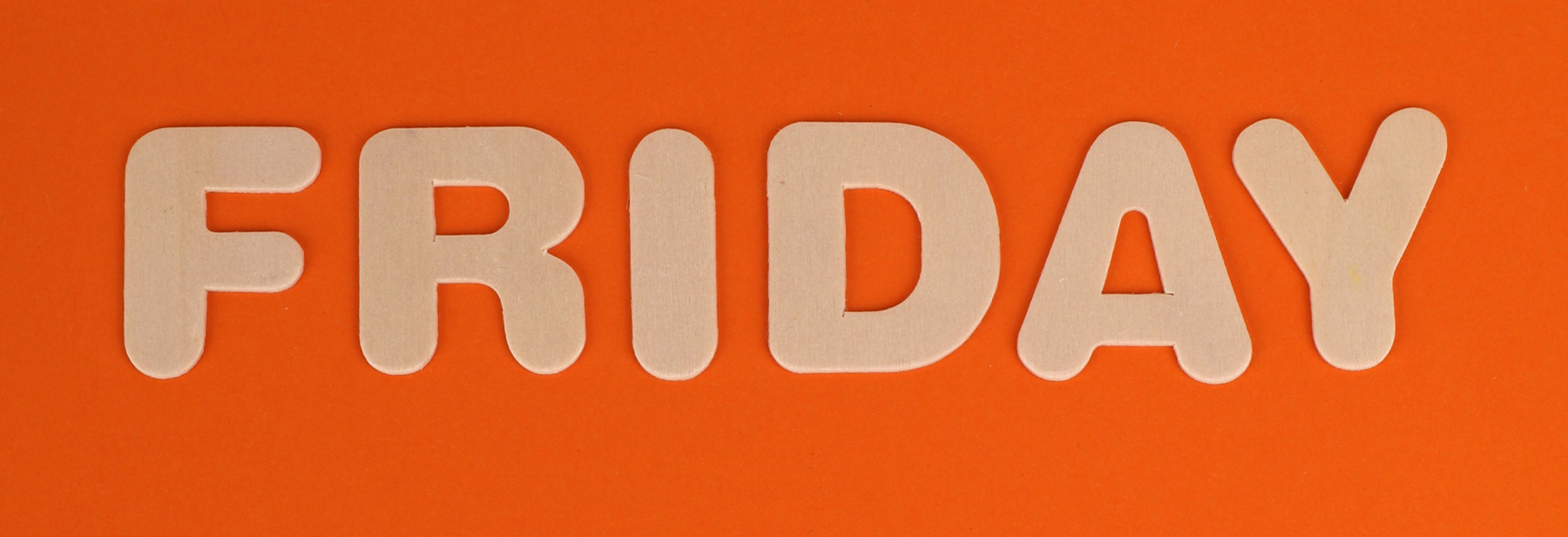
ServiceFriday: We All Just Want to be Part of the In-Crowd
The need for social relationships and a feeling of belonging is at the heart of our most innate desires as human beings. Every act we perform in our daily lives is in some way affected by what has been determined to be our role in society and how we feel we must act to maintain that role and our relationships with others. However, little research has been conducted into how this desire affects consumer behavior. Does the fear of social exclusion cause us as consumers to spend our money a certain way? And if so, to what extent?
In an article published in the Journal for Consumer Research, the psychological and physiological effects caused by the need for social connection and inclusion are examined in relation to consumers’ buying habits. According to the article, “Social exclusion…has striking consequences for people’s psychological and physiological functioning…Threat of exclusion stimulates brain regions designed to detect and regulate pain, impairs self-regulation, hampers logical reasoning, and distorts time perception.” This fear clearly has a significant impact on our actions, including in situations involving purchasing decisions. The studies conducted examined whether socially excluded individuals will treat money and consumption as a “means to an end,” specifically the goal of affiliation, as opposed to simply ends themselves. Research has shown that “people’s desire for social connection increases when their need to belong has been threatened by exclusion or rejection.” The hypothesis questioned whether this threat led consumers to make purchasing decisions they would normally refrain from, if only to fit in. If a purchase might be seen as “socially lucrative,” this may persuade a consumer to purchase a product or service against personal taste or desires, one they may not even be able to afford.
The results confirmed a correlation between a need for inclusion and risky, unnecessary purchase decisions. They found that excluded individuals were “more likely to buy a product symbolic of group membership (but not practical or self-gift items), tailor their spending preferences to the preferences of an interaction partner, spend money on an unappealing food item favored by a peer, and report being willing to try an illegal drug, but only when doing so boosted their chances of commencing social connections.”
Overall, the results suggest that social well-being and a need to fit in will outweigh any other personal preference or financial situation when the threat of social exclusion is high. These findings should lead to effective marketing and advertising strategies for retailers and other businesses.
To access the full article, visit the Journal of Consumer Research. (A fee may apply.)